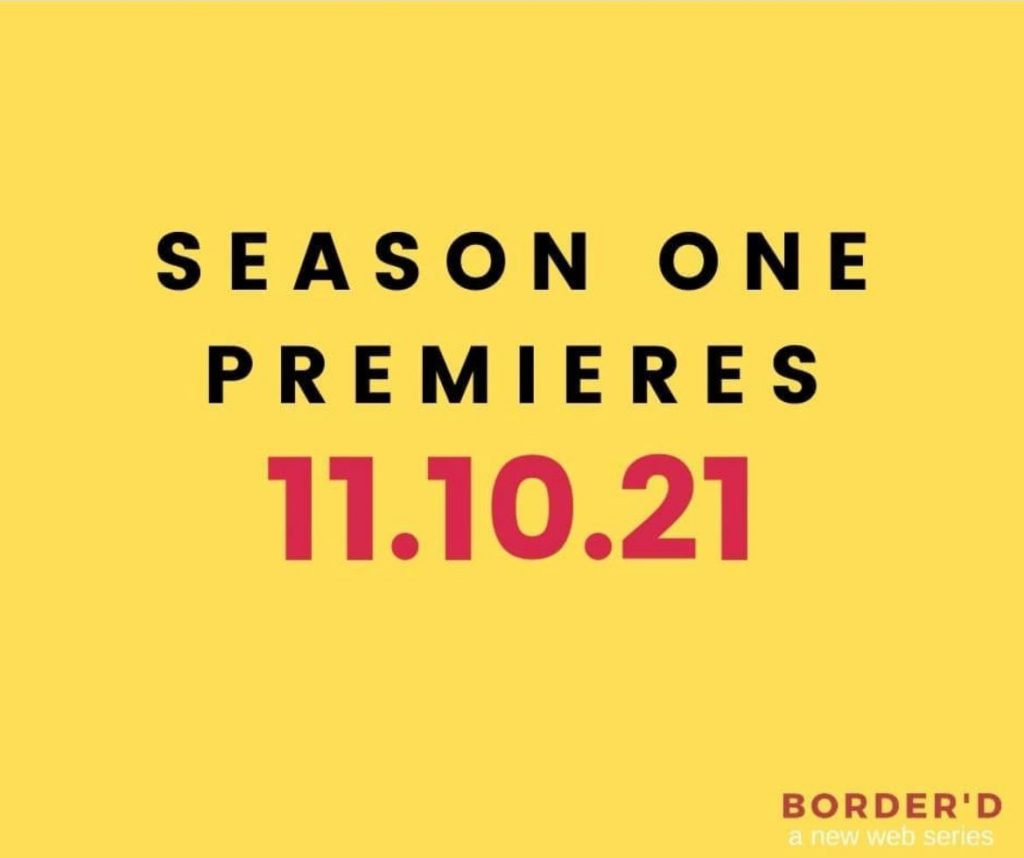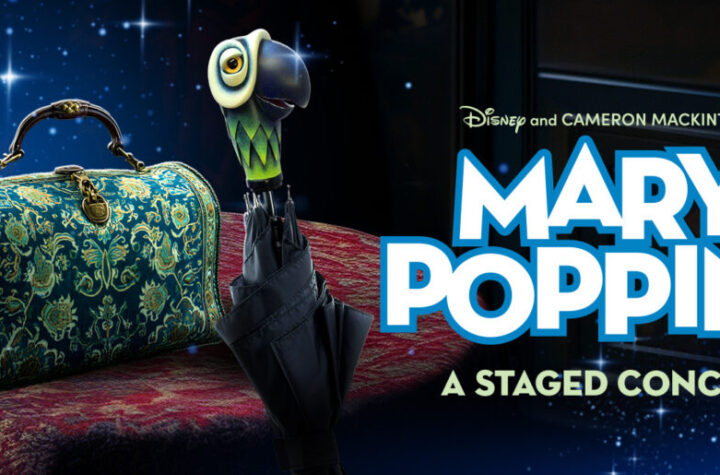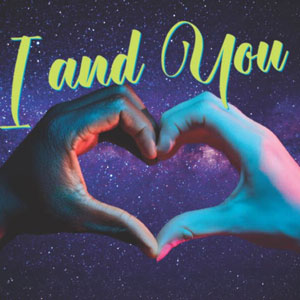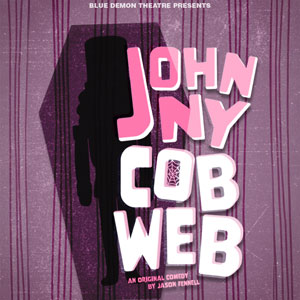
 Somewhat Recommended ** On November 10, 2021, Chicago filmmakers Andrew and Adrian Nuño debuted their production “Border’d: A Web Series” on OTV (Open TV) an alternative media outlet on the internet. “Border’d” is an 80-minute recorded/streaming video, available for watching by subscription. It is comprised of a concatenation of “episodes” that the producers call a “web series”, because segments are written by different people. Now in season one of production, its underlying theme has to do with what it is like to be LatinX in a small town, Chicago suburb (Crystal Lake, Illinois) where the vast majority of the residents are white Americans. We see a depiction of the uneasy overlapping of Hispanic culture and the majority white culture in the persons of Raphael (Raph), Gabriel (Gab), and Daniella (Dani) played by the twin Nuño Brothers plus Lauryn Lugo. “It’s hard to lose a parent…. But losing a parent who is basically a stranger is a whole different hurt all together.” Such is the thrust of season one’s story.
Somewhat Recommended ** On November 10, 2021, Chicago filmmakers Andrew and Adrian Nuño debuted their production “Border’d: A Web Series” on OTV (Open TV) an alternative media outlet on the internet. “Border’d” is an 80-minute recorded/streaming video, available for watching by subscription. It is comprised of a concatenation of “episodes” that the producers call a “web series”, because segments are written by different people. Now in season one of production, its underlying theme has to do with what it is like to be LatinX in a small town, Chicago suburb (Crystal Lake, Illinois) where the vast majority of the residents are white Americans. We see a depiction of the uneasy overlapping of Hispanic culture and the majority white culture in the persons of Raphael (Raph), Gabriel (Gab), and Daniella (Dani) played by the twin Nuño Brothers plus Lauryn Lugo. “It’s hard to lose a parent…. But losing a parent who is basically a stranger is a whole different hurt all together.” Such is the thrust of season one’s story.
The three siblings reconnoiter at their family home on the occasion of the death of their father. They give comfort to each other and provide solace to their mother Magdalena. We see their grief and pain at their loss; we see their loving (and not so loving) relationships with sexual partners and others; we see how they act and react to each other as they have not gathered together as a threesome since their high school days. Coincidentally, a planned high school reunion is to take place at a local watering hole the weekend after the funeral, and after some discussion, Raph and Dani decide to overstay their visit with Gab and their mother to attend the event. There is also a huge family secret that only Magdalena and Dani know about, which weighs heavily on their minds but which is eventually put out there in the open. During the course of the show, the trio experience love, sorrow, life, death, and ethnic insensitivity, and we see how this affects the relationship between them and with those outside their immediate family.
At times, the presentation is overly melodramatic while at other times too flippant. There is almost too much about the individual characters’ sex lives, which can be somewhat distracting and which takes us away from the main point of the story. I couldn’t figure out why the credits were constantly being flashed on screen between “episodes”: This was disrupting and repetitive. The scenes could have been better distinguished by writing “Episode 1, Episode 2” or “Part 1, Part 2”, etc. at the beginning of each and then breaking out who wrote each segment at the very end of the stream. Note that the show is initially confusing until the viewer realizes that the two men who star in it are identical twins. Gab is the straight character; Raph is the gay one. Raph has the three dots as a tattoo by his right eye, so that’s one way to distinguish among them.
The biggest issue with the story is this: After the siblings mourn the loss of their father and attend his wake and funeral, they decide that (while all three of them are together) they should attend their high school reunion that coming weekend. Now assuming that this concatenation of events might occur in real life, is it realistic to expect that the three would want to attend such a celebratory, if not overtly happy, social occasion immediately after their father’s death? Whether or not the children really loved their father is not the point; even if their father was not the best dad or role model they could have had, he still gave birth to them. This makes Raph’s and Dani’s decisions to extend their stay at their family house through the weekend seem unfeeling. In fact, the moment the siblings seriously contemplate attending their reunion was the moment I lost interest in them. It’s not that I want them to act a certain way because of appearances, but they should have had more sensitivity to the culture and family in which they were raised, especially when their mother is still alive.
This brings up a related problem with the show. Introducing the class reunion into the storyline borders on deus ex machina (i.e., an unexpected and unlikely occurrence that propels the plot forward). Its function here appears to point up the minority status of the siblings within a largely white suburban community. To put this another way, returning to visit the high school crowd can help point up how insensitive, if not downright offensive, many of the white alumni can be. But, to my mind, using the reunion as a device to bring out the siblings’ collective frustrations and anger and the white alumni’s cluelessness and antagonism might have been better saved for some other production. I don’t presume to know much, if anything, about Hispanic culture, but one suggestion for improving the script has to do with a Hispanic tradition called Novenarios, which celebrates and honors a loved one for nine consecutive days after a funeral is over. This event can take place at a church or at the family’s home, where family and friends pray for the soul and eternal rest of the loved one. While I am not expecting the siblings necessarily to participate in this ritual, perhaps having some type of spontaneous argument at a local restaurant during the time period of Novenarios would have been more effective and less contrived than having the siblings attend a preplanned function.
Perhaps I am imposing my own biases and values on a small group of people whose father has just passed away and who have been raised in a family very different from my own. If I were mourning the loss of a close relative, I would have never attended my high school reunion the week of the funeral. If I had already made reservations for the reunion, I would have cancelled them in order to stay home with close family and friends to console them or deal with my own feelings, whatever these might be. If I were somehow pushed into going to the event, there’s no way I would have had the energy to confront the slights being made against me or my fellows. While it was ill-considered for the siblings to go to the reunion in the first place, they, of course, should not have to put up with being treated as “less than.” And while there is nothing wrong with standing up for LatinX pride or any other type of identity, sometimes it’s better to walk out the door and not engage with other people especially when you’re not in a position to change hearts or minds.
“Border’d” is available on streaming video through the OTV website. To stream or download the series, go to: https://www.weareo.tv/. Once you’re signed in, the link lasts for two hours.
For more information about this program and to see the trailer, see: https://www.facebook.com/borderdwebseries/community/?ref=page_internal
OTV | Open Television is a non-profit platform for intersectional series, pilots and video art, supporting Chicago artists in producing and exhibiting indie media, film and TV. For more information about OTV and its mission, visit: https://www.weareo.tv/.






More Stories
“The Joffrey Ballet’s Golden Hour” reviewed by Carol Moore
“Mary Poppins : A Staged Concert” reviewed by Julia W. Rath
” I and You”